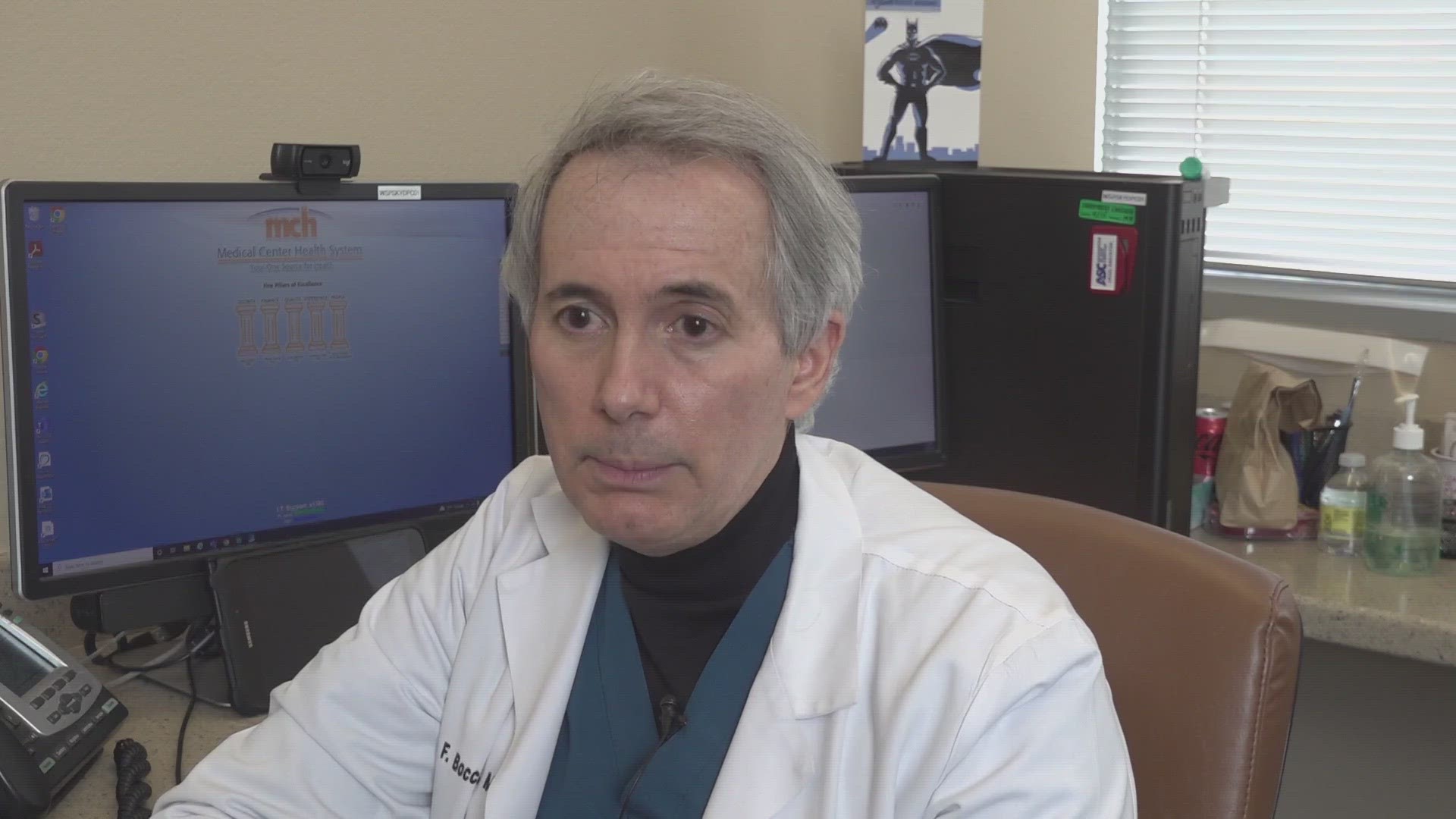ODESSA, Texas — With daylight saving time upon us we've lost an hour of sleep. So it's important to keep up with your sleep health. Especially since, according to the American Heart Association, it can also really affect your heart health.
“So what you see, right, is that we have this change in time that’s going to occur for everyone nationwide, or at least in our state, and during that time your sleep pattern is going to get affected.” said Dr. Fernando Boccalandro, a cardiologist with Medical Center Hospital.
According to the American Heart association there is an increase in heart disease and strokes during daylight saving time.
While the exact reason isn’t known yet, the AHA believes that it might have something to do with the disruption to the body’s internal clock.
Dr. Boccalandro is all too familiar with how linked sleep and heart health are.
“Because sleep is associated with worse cardiovascular outcomes when people have poor sleep patterns. And it’s also associated with an increased frequency of risk factors that will actually affect the overall cardiovascular health.” the doctor continued.
We’re all used to trying to make up for lost sleep with things like caffeine or just trying to fight through fatigue.
But there’s no cheating the system when it comes to your health.
“Truly there is no shortcuts, right? It would be like somebody who has high blood pressure, then you have to control the blood pressure. If you have diabetes, you have to control the diabetes to minimize your cardiovascular risk.” Dr. Boccalandro said.
Dr. Boccalandro says having 7 to 9 hours of sleep is recommended for a healthy sleep schedule. But it has to be good, quality sleep.

